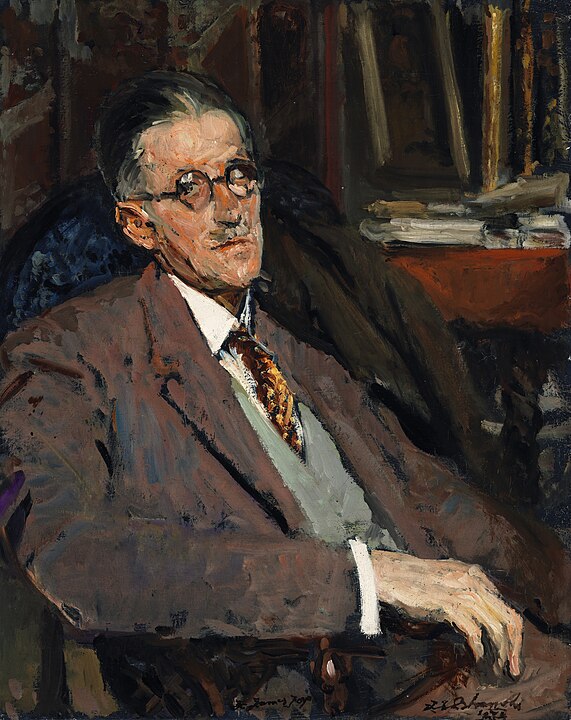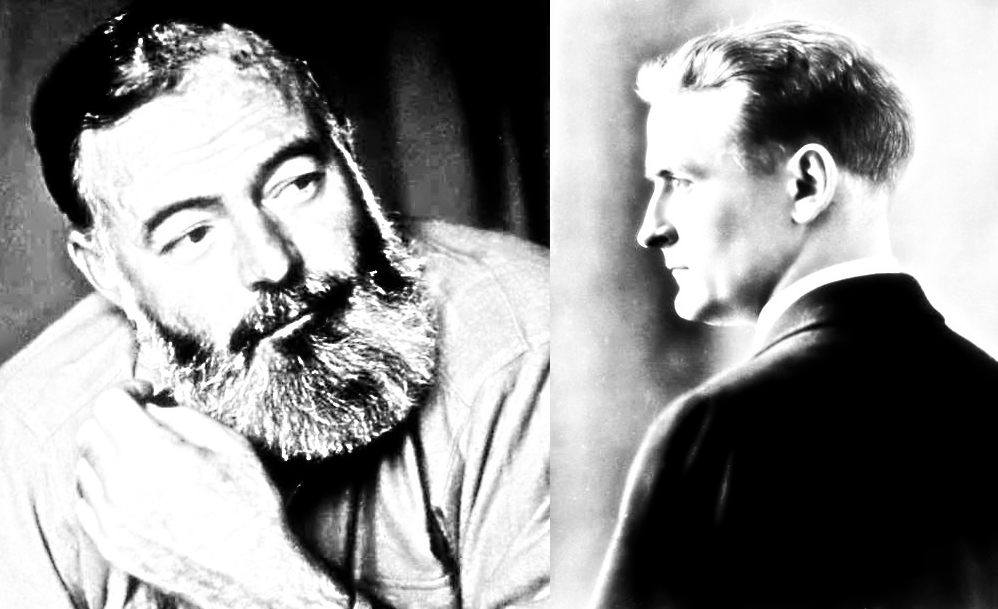We have been talking about magic in writing this week, from poetry to a few of the chapters in The Wonderful Wizard of Oz. Today, we are going to look at magic in short stories and how they impact the conflicts and themes of a story. Oscar Wilde’s “The Selfish Giant” deals with a few different kinds of magic, so let’s explore the text to find out more!
Overview
“The Selfish Giant” tells the story of a giant who runs a beautiful garden, and the beauty of which has caught the attention of some local children, who want to spend their days playing among the beautiful nature.
“It was a large lovely garden, with soft green grass. Here and there over the grass stood beautiful flowers like stars, and there were twelve peach-trees that in the spring-time broke out into delicate blossoms of pink and pearl, and in the autumn bore rich fruit.”
(Oscar Wilde | The Selfish Giant)
The giant, who just so happens to fulfill his titular name, catches the children playing and he reproaches them and sends them from his glorious garden. Driven off, the children find that they have few places to play and yearn to return to the garden. As punishment for his actions, the seasons decide not to change in the garden, and the birds do not sing either. A flower even pokes its head out, “but when it saw the notice-board it was so sorry for the children that it slipped back into the ground again, and went off to sleep” (Wilde). The seasons, meanwhile, had a field day.
“The Snow covered up the grass with her great white cloak, and the Frost painted all the trees silver. Then they invited the North Wind to stay with them, and he came. He was wrapped in furs, and he roared all day about the garden, and blew the chimney-pots down.”
(Oscar Wilde | The Selfish Giant)
After a long time alone and without the spring, the giant wakes one morning and hears singing coming from some place in the garden. He goes to investigate and finds children in the garden playing. He is overjoyed and then sees a small boy—much too small—trying to climb into the trees like the rest. This “melted” the giant’s heart and he went to help the child, which he does by setting him in the tree like the rest. At this, the giant gave the garden to the children, having admitted to being selfish, and knocked down the wall he had created to keep them out.
At the end of his life, the giant sees the little boy once more, but now the boy tells him that he has come to take him to “Paradise” as the giant had shared his garden (his own paradise) with the children.
Analysis
This story is about magic in multiple ways—mostly love and redemption. The love of the giant proved a magical resource, as even though he was selfish, he was able to see through his own cruelty and become a decent person to the children (and steward of the garden); additionally, through his redemption, the giant became selfless and caring, which benefitted more than himself.
Moreover, we have religious allegory in this story (which is often magical in presentation), as the garden that the children play in is like the giant’s own Eden, which he eventually shares; afterward, through magical/religious means, he is rewarded with a trip to paradise, which is afforded to him through the Christ-like child who takes him there.
According to Litcharts:
“In the Christian framework that Wilde sets in place, the reward of heaven is what holds the story’s moral center in place. It gives legitimacy to the Giant’s kind actions beyond what any mere social reward can provide. It is the surest, clearest sign that generosity and love are the right moral path, and that the world operates according to a just cosmic order.”
(Litcharts | The Selfish Giant)
Works Cited
Wilde, Oscar. “LitCharts.” LitCharts, litcharts.com/lit/the-selfish-giant/summary-and-analysis.
Wilde, Oscar. Short Stories: The Selfish Giant by Oscar Wilde. eastoftheweb.com/short-stories/UBooks/SelGia.shtml.








Leave a Reply